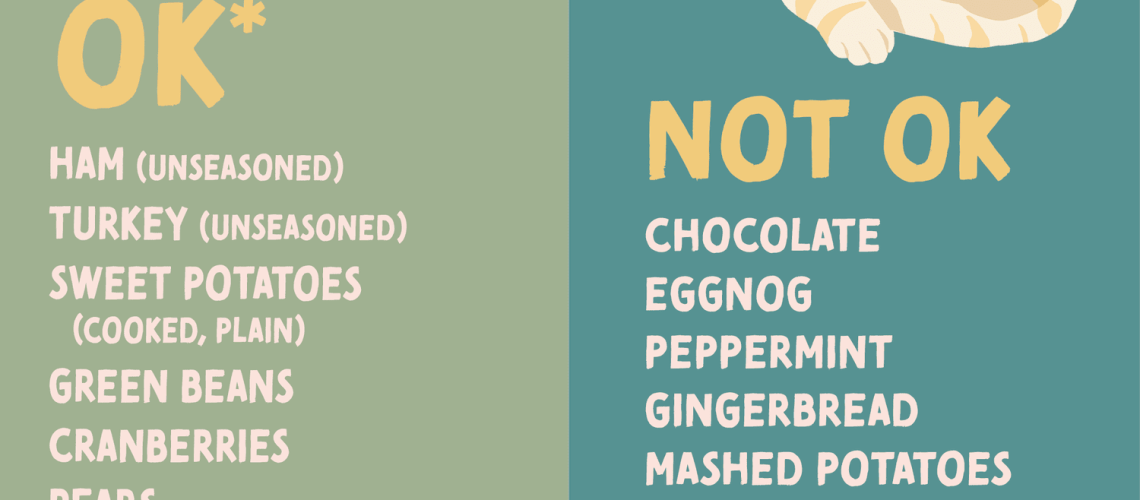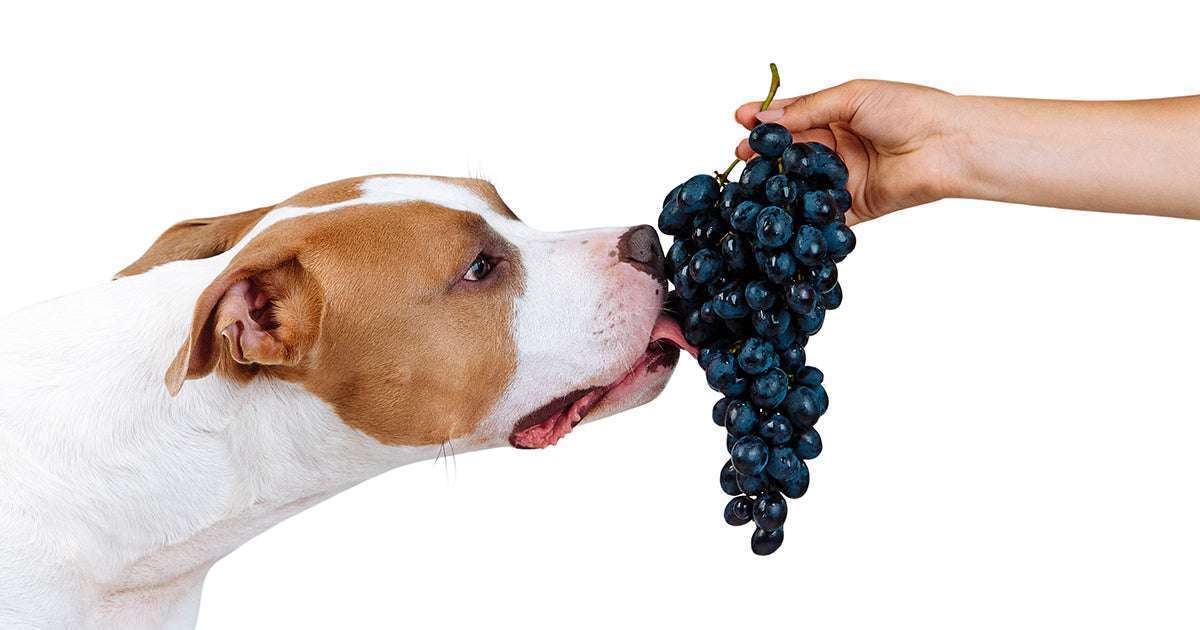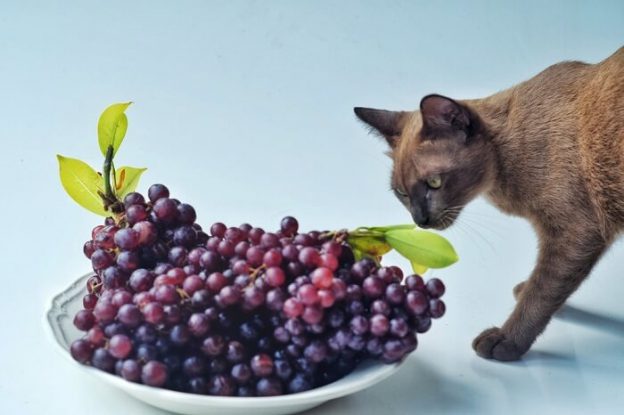Key Takeaways:
- Chocolate is toxic to cats and should never be given to them.
- Onions and garlic can cause anemia in cats and should be avoided.
- Grapes and raisins can lead to kidney failure in cats, so they should not be fed these fruits.
- Caffeine from coffee or tea can be harmful to cats, causing symptoms like rapid breathing and tremors.
- Milk and other dairy products may cause digestive issues in many cats due to lactose intolerance.
Are you a proud owner of a furry feline friend? If so, then understanding what foods your kitchen harbors that can potentially harm your beloved cat is essential. While it may seem harmless to share a nibble from your plate, certain foods can have dire consequences for our whiskered companions. In fact, did you know that some common kitchen ingredients can be toxic to cats and lead to serious health issues? By delving into this subject, you will not only ensure the well-being of your furry friend but also gain valuable knowledge on how to keep them safe and healthy. So let's dive in and explore the foods in your kitchen that cats should avoid, because their health matters as much as our own.
Foods to Avoid in Your Kitchen if You Have a Cat
Why Certain Foods Can Be Harmful to Cats
Cats have a different digestive system than humans, which means that some foods that are safe for us can be dangerous for them. It's important for cat owners to know which foods can harm their pets so they can keep them out of reach. Some common foods that can be harmful to cats include chocolate, onions, garlic, grapes, raisins, and certain types of nuts.
Chocolate: A Surprising Danger for Cats
Many people don't realize that chocolate can be toxic to cats. Chocolate contains a compound called theobromine, which is harmless to humans but can cause serious health problems in cats. If a cat ingests chocolate, it can lead to symptoms such as vomiting, diarrhea, rapid breathing, increased heart rate, muscle tremors, and even seizures. In severe cases, it can be fatal.
Onions: Another Hidden Danger
Onions may seem harmless to us, but they are actually toxic to cats. Onions contain compounds that can damage a cat's red blood cells and lead to anemia. If a cat ingests onions or foods containing onions (such as onion powder), it can cause symptoms like weakness, pale gums, lack of appetite, and even collapse. It's important to keep any dishes or ingredients containing onions away from your cat's reach.
Signs Your Cat May Have Eaten Something Toxic from the Kitchen
If your cat has accidentally eaten something toxic from the kitchen, there are certain signs you should watch out for. These may include vomiting or diarrhea (which may contain blood), loss of appetite or refusal to eat altogether, drooling excessively or pawing at the mouth, lethargy or weakness, and changes in behavior. If you notice any of these symptoms, it's crucial to contact your veterinarian immediately for guidance.
Keeping Harmful Foods Out of Reach: Tips for Responsible Pet Owners
As a responsible pet owner, it's essential to take precautions to keep harmful foods out of your cat's reach. Here are some tips:
- Store all toxic foods securely in cabinets or containers that your cat cannot access.
- Be mindful when cooking or preparing food, ensuring that your cat is not able to sneak a taste.
- Dispose of any leftovers or food scraps properly and promptly.
- Regularly clean up spills or crumbs from countertops and floors.
- If you have multiple pets, separate their feeding areas to prevent them from eating each other's food.
By following these guidelines and being aware of the potential dangers certain foods can pose to cats, you can help keep your feline friend safe and healthy in your kitchen.
Why It's Important for Cat Owners to Know Which Foods Can Harm Their Pets
As a responsible cat owner, it is crucial to be aware of the foods that can harm your furry friend. Cats have a unique digestive system that differs from humans, and certain foods that are safe for us can be toxic to them. Understanding these potential dangers can help you prevent accidental ingestion and keep your cat healthy.
One reason why knowing which foods can harm cats is important is because it can prevent serious health issues. Some common human foods like chocolate, onions, and garlic contain substances that are toxic to cats. Ingesting these foods can lead to symptoms such as vomiting, diarrhea, abdominal pain, and even organ damage. By being knowledgeable about these risks, you can avoid exposing your cat to harmful substances and potentially save them from unnecessary suffering.
The Surprising Food That Can Be Dangerous for Cats
Did you know that a seemingly innocent food like milk can actually be harmful to cats? While kittens may enjoy drinking milk from their mother, most adult cats are lactose intolerant. This means that their bodies lack the necessary enzymes to break down lactose found in dairy products. Consuming milk or other dairy items can result in digestive upset, including diarrhea and stomach discomfort.
In addition to milk, another surprising food that can be dangerous for cats is tuna fish. While it may seem like a treat for our feline friends, feeding them too much tuna can lead to mercury poisoning due to its high levels of this toxic substance. It's important to remember that cats have specific dietary needs, and relying solely on tuna as a source of nutrition can result in imbalances and health problems over time.
How Certain Foods in Your Kitchen Can Upset Your Cat's Stomach
Your kitchen may be filled with foods that can potentially upset your cat's stomach. One such example is fatty foods like bacon or fried chicken. While these may be delicious to us, they can cause digestive issues in cats. Fatty foods are difficult for cats to digest and can lead to pancreatitis, a painful inflammation of the pancreas.
Another culprit lurking in your kitchen is raw meat. Cats are obligate carnivores, meaning their bodies require a diet primarily composed of animal protein. However, feeding them raw meat poses risks such as bacterial contamination and the potential transmission of parasites. It's best to stick to cooked meats that are properly prepared to ensure your cat's safety.
The Hidden Dangers of Chocolate and Onions for Cats
Chocolate and onions may be tasty treats for humans, but they can spell disaster for our feline companions. Chocolate contains theobromine, a compound that cats cannot metabolize effectively. Even small amounts of chocolate can cause symptoms like increased heart rate, tremors, seizures, and even death in severe cases.
Onions, whether raw or cooked, contain compounds that can damage a cat's red blood cells and lead to anemia. This means that even a small amount of onion ingestion can have serious consequences for your furry friend. It's crucial to keep any dishes containing onions out of reach from your curious cat.
Signs Your Cat May Have Eaten Something Toxic from the Kitchen
If you suspect that your cat has ingested something toxic from the kitchen, it's important to be aware of the signs indicating potential poisoning. Some common symptoms include vomiting, diarrhea, loss of appetite, lethargy, difficulty breathing, excessive drooling, and changes in urination or defecation patterns.
If you notice any of these signs in your cat, it's crucial to seek veterinary attention immediately. Time is of the essence when it comes to treating poisoning, and prompt medical intervention can greatly increase the chances of a positive outcome for your beloved pet.
Keeping Harmful Foods Out of Reach: Tips for Responsible Pet Owners
Prevention is key when it comes to keeping your cat safe from harmful foods in the kitchen. Here are some tips to help you be a responsible pet owner:
- Store all potentially toxic foods securely in cabinets or high shelves that are inaccessible to your cat.
- Be cautious when handling and disposing of food wrappers or containers, as cats may be tempted to investigate and potentially ingest them.
- Regularly inspect your kitchen countertops and floors for any dropped or spilled food that could be hazardous to your cat.
- Educate yourself about common household plants that are toxic to cats, as they can also pose a threat if ingested.
- If you're unsure about the safety of a particular food item, consult with your veterinarian before offering it to your cat.
By implementing these precautions and being vigilant in the kitchen, you can create a safe environment for your feline companion and ensure their well-being.
In conclusion, it is important to be aware of the foods in your kitchen that cats should avoid. By keeping these harmful foods out of reach, we can ensure the health and well-being of our furry friends and prevent any potential accidents or illnesses.
What food can cats not resist?
According to Dr. Kirk, unseasoned, cooked chicken, turkey, lean beef, and lean deli meats are a suitable option to fulfill cats' desire for meat.
What leftovers are safe for cats?
Considering that cats are carnivores, cooked meat scraps are usually safe for them to consume. Even if your cat happens to snatch an uncooked piece, it is not a significant issue.
What vegetables can cats not eat?
Certain vegetables such as onions, garlic, chives, leeks, scallions, and shallots are toxic to both dogs and cats. However, cats are more vulnerable to their negative effects. These vegetables can not only cause gastrointestinal irritation but also damage red blood cells and lead to anemia. It's important to note that eggplants are also toxic to cats.
Can cats eat scrambled egg?
Indeed, cats can consume eggs. Completely cooked eggs provide cats with a nutritious and beneficial treat. Eggs contain a high amount of essential nutrients, such as amino acids that serve as the foundations for protein, and they are easily digestible. It is acceptable to serve eggs in a scrambled or boiled form, depending on personal preference.
What is the food that cats love the most?
According to Purina Nutritionist Karina Carbo-Johnson, MS, whether you are feeding a cat or a kitten, it is important to include animal-based protein in their main diet. Cats enjoy eating protein-rich foods such as a variety of fish (salmon, trout, tuna, and whitefish) as well as poultry like chicken, turkey, and pheasant.
Can cats eat canned tuna?
While tuna can be a health risk if overfed to cats, it is technically not toxic and can be included in their diet. However, it is important to feed tuna to cats in moderation.

















